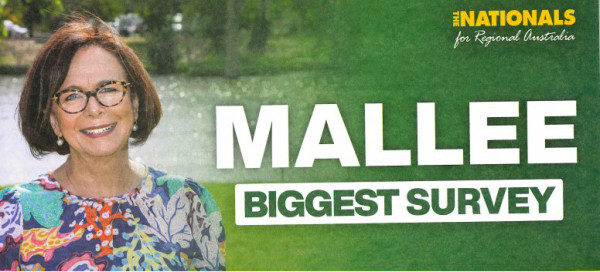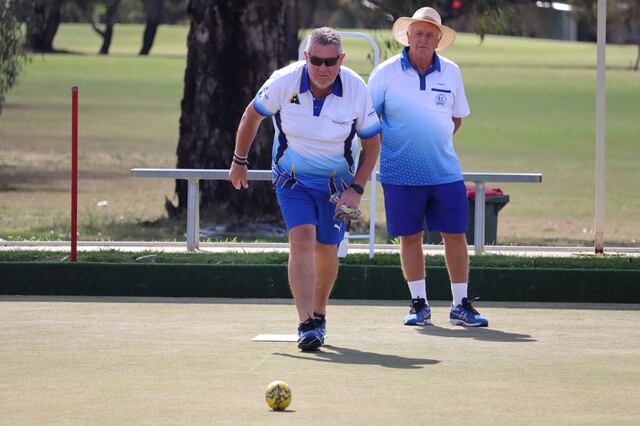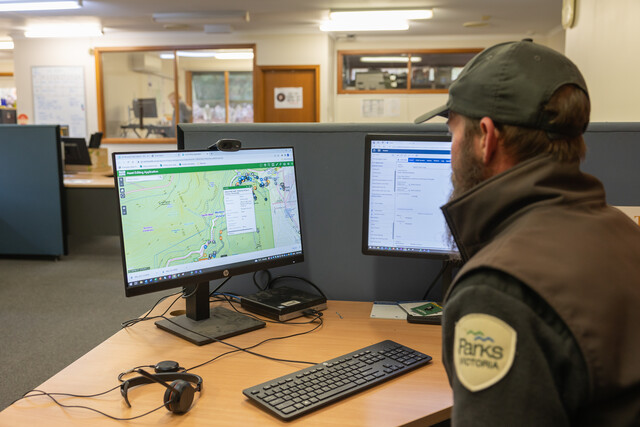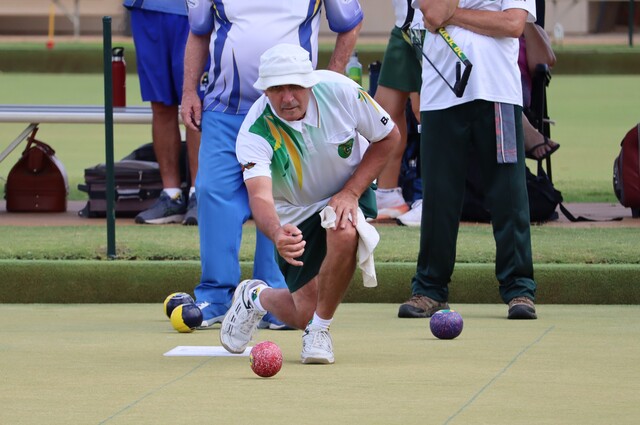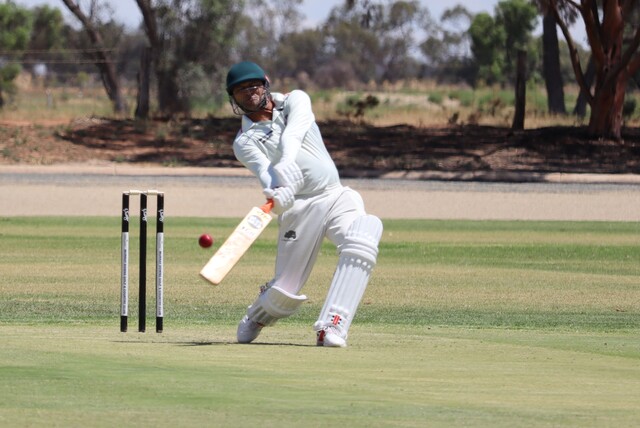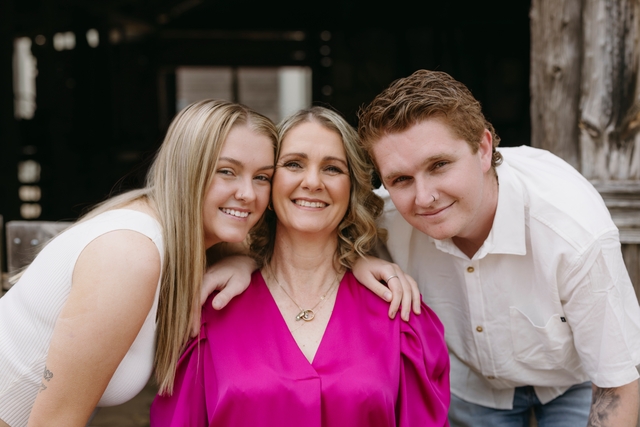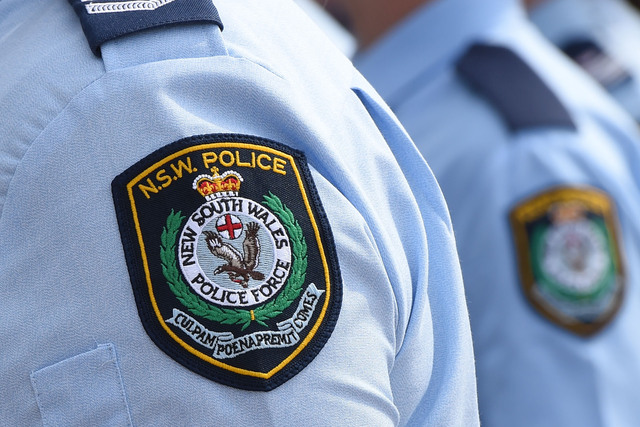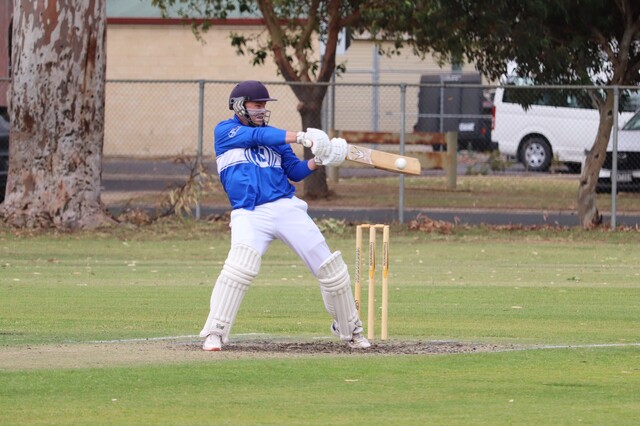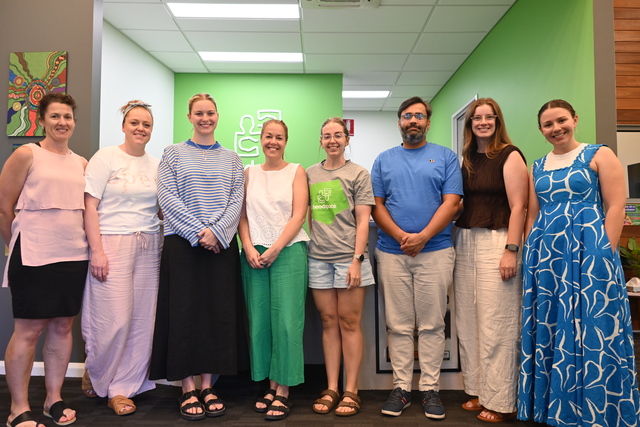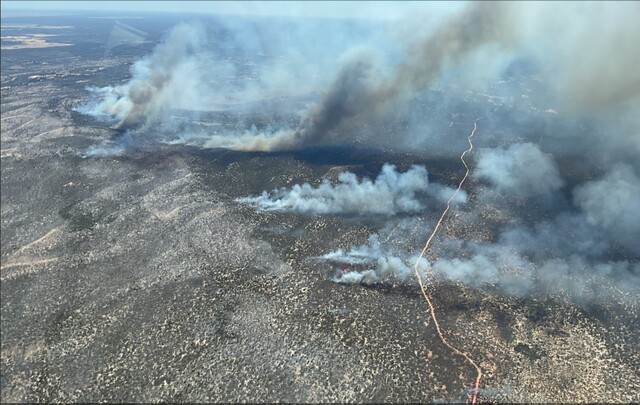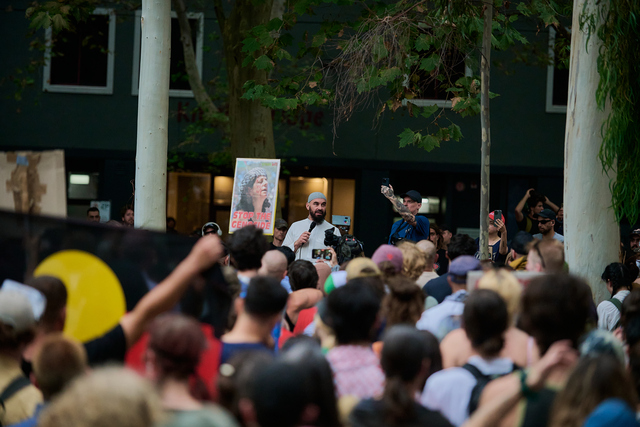SURVEY results being spruiked by Mallee MP Anne Webster have been slammed as “not valid” by a respected polling analyst.
Dr Webster’s office this week issued a media release that said more than 64 per cent of Mallee residents intended to vote no at this year’s Indigenous Voice referendum.
The results came from the Mallee Biggest Survey, issued by Dr Webster’s office in print and online.
The Voice question in the survey asked “Do you support an Indigenous Voice to Parliament?” with options of “yes”, “no” and “don’t know”.
According to Dr Webster, 23 per cent of respondents indicated yes, 13 per cent indicated they didn’t know.
Polling expert and psephologist Kevin Bonham said the statistics used were likely to have demographic skews.
“Political elector surveys of this type are not valid as a measure of community opinion and – at best – reflect only the opinions of the voters who choose to respond,” Dr Bonham said.
“Because they are sent out on behalf of a politician, respondents may be more likely to respond if they like that politician and/or share or at least respect their views.
“This applies especially when such surveys ask voters for data about themselves.
“Elector surveys by politicians are so useless as a measure of an electorate’s overall views that they are often viewed as mainly being done to harvest data.”
The full survey results were not yet publicly available, only the results for the question about the Voice.
Both in print and online, the Voice question followed a question about whether the respondent supported Australia Day being celebrated on January 26.
“It’s possible some respondents would be influenced by being asked a question about Australia Day immediately before a Voice question, given that some ‘no’ campaigners claim that a purpose of the Voice is to change the date of or get rid of Australia Day,” Dr Bonham said.
Dr Webster’s media release also raised concerns about what the Voice meant for the national flag and Australia Day.
The Voice question was asked 12th in the print version of the survey and 36th online, another possible concern, according to Dr Bonham.
“By the time the voter gets to the Voice question they have answered many questions about other political issues and may be more responsive to the idea that the Voice is not a priority and politicians should be more focused on all the other stuff,” he said.
Dr Bonham said the wording of the question didn’t reveal the actual voting intention of the respondent.
“The survey did not even ask respondents whether they would vote yes or no at the referendum. It asked them a broader and more favourable question about whether they support a voice at all,” Dr Bonham said.
“There are some people who do support a Voice and might answer yes to that question, but who will vote no because they do not support the particular voice model being offered, because they believe the Voice should be legislated instead, or perhaps because they like the concept but do not trust this particular government to implement it.”

